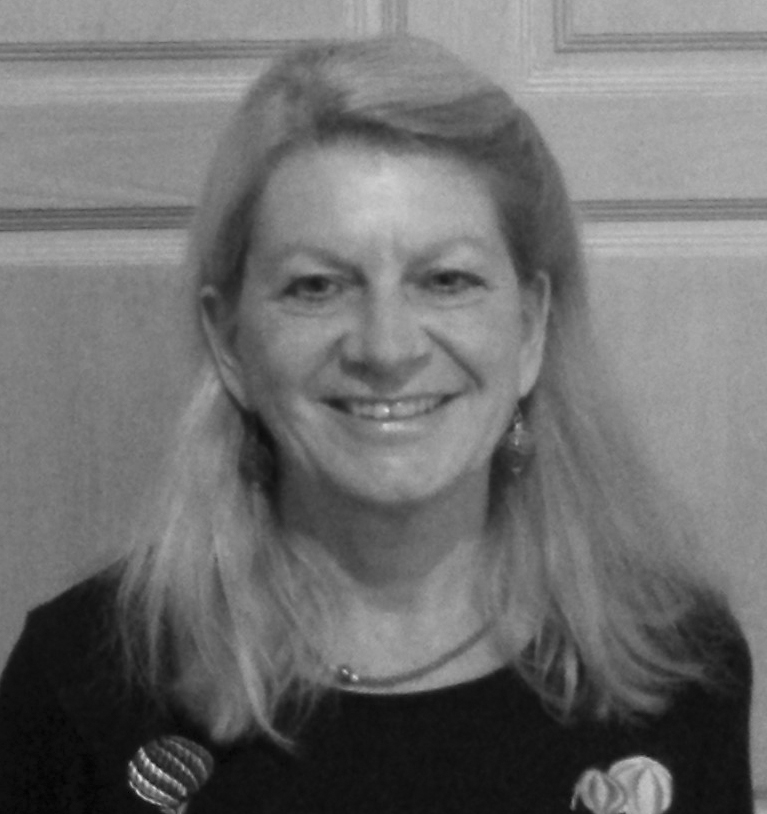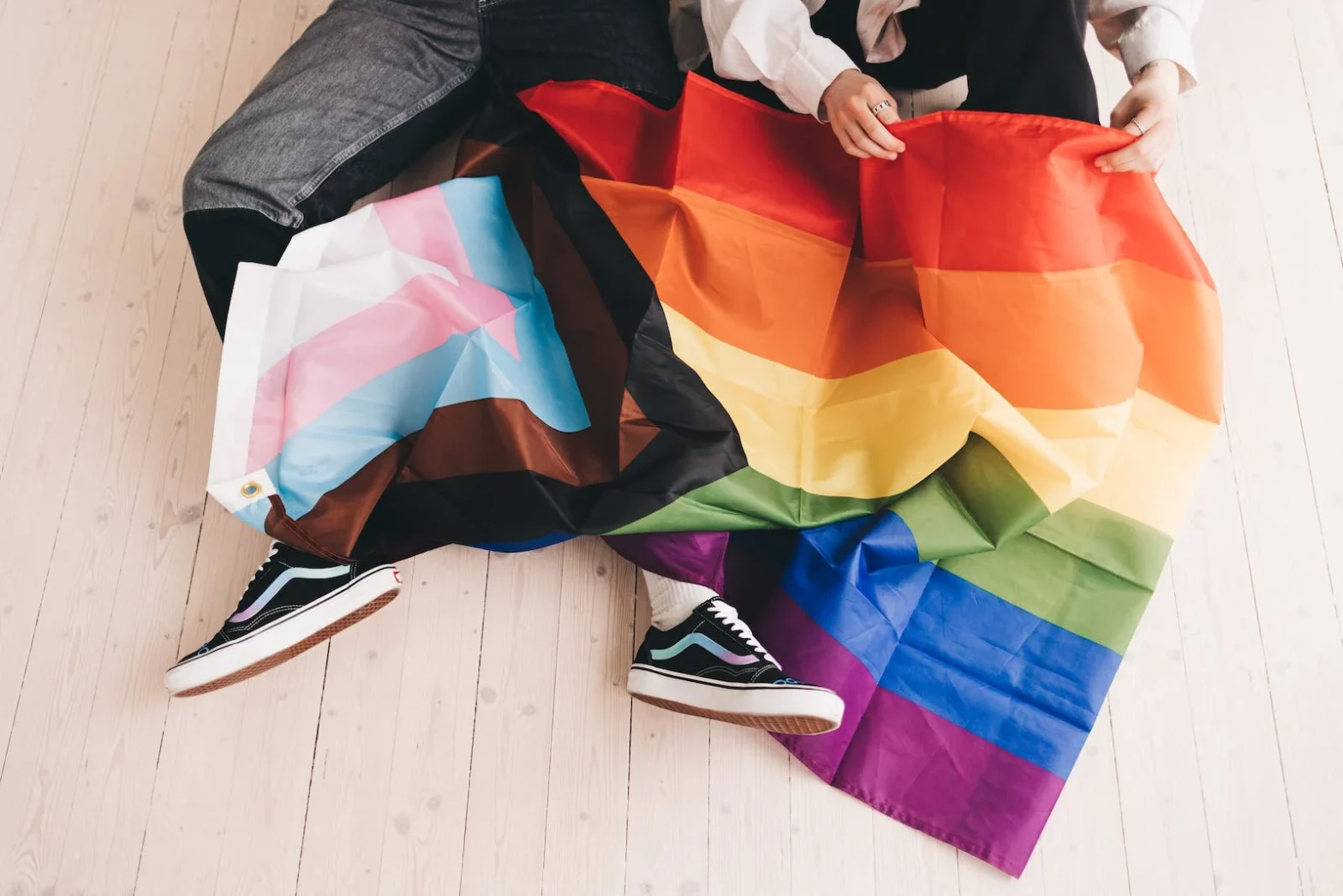15 December 2022
New Definitions
‘How did we end up here?’
By Lynda Goetz

‘How did we end up here?’ asks Harry at one point in his and Meghan’s ‘whingefest’ Netflix series. Well, in his case it would appear to be the result of sibling resentment, an overly ambitious, narcissistic American wife who understands nothing about the British or the monarchy, and the fact that, as Charles Moore put is so succinctly, ‘thinking is not his strong point’. In the case of the whole of society and our seeming inability to put common sense above the aggressive campaigning of a tiny, tiny minority of trans people, perhaps here too a lack of thinking and an excess of ‘emoting’ is also at the root of the problem.
Whilst the majority would probably agree that our treatment of minorities, such as those with gender dysphoria, has in the past not always been kind or considerate and that that needed to change, they would also, almost certainly, feel that the needle has swung too far the other way. Most people know exactly what a woman is. They also know that however much dictionaries or governments might try to use words to redefine that inescapable fact of biology, it is just that (at least with the science we have for now), inescapable. A woman is a woman and a trans woman is a trans woman. There are very few who would not immediately identify or sense the difference. Some trans women, such as Debbie Hayton, are quite happy to accept this fact and get on with their lives. Over the last decade and increasingly over the last few months and years we have been subjected to a veritable torrent of hostile ‘group think’, largely not even from trans people themselves, but their ‘supporters’, denying this fact and trolling, abusing or ‘cancelling’ those who dare to disagree.
Amongst those, high-profile Harry Potter author J K Rowling has received a great deal of ‘flak’, including death threats, and has been labelled a TERF (Trans Exclusionary Radical Feminist). This week, she increased her support amongst the majority by opening a ‘women only’ rape crisis centre in Edinburgh. Not that long ago one would have assumed that traumatised women would of course be supported at such a time by those they felt most comfortable being around, which is unlikely to be someone born male, however they may identify. Not so in Edinburgh, where the rape crisis centre is run by a trans woman who wants to ‘re-educate’ bigoted women who use the centre. Mridul Wadhwa, a former Holyrood SNP candidate and a trans woman who does not have a gender recognition certificate, has been in charge of the centre since May 2021. Personally, I have no insight into how good she is at her job, nor how she came to be appointed. I do know there was a great deal of opposition to the appointment at the time. However, the decision by JK Rowling to use her own money to set up ‘Beira’, a centre for women only, has been met with huge enthusiasm and applause by feminists in a country currently facing Ms Sturgeon’s implacable moves towards legislating to allow trans people in Scotland to self-identify. It is argued that this could cause problems in women-only spaces, hospitals etc and that those problems could spill over into the rest of the UK where self-identifying does not have any legal status. Ms Rowling is confident in her ability to continue to earn enough money to support her family and others she cares about not to worry about being cancelled. Many others targeted by the trans lobby are not in such a fortunate position.
This week too, it has been revealed that in October the Cambridge dictionary redefined its entry for the word woman. It now states that as well as definitions including an “adult female human being”, a woman can also be “an adult who lives and identifies as female though they may have been said to have a different sex at birth”. Merriam Webster made similar changes in July. You might be relieved to hear that the definition of man has also been ‘updated’, although strangely that was not part of the headlines. This led me to ponder why, in all this ‘debate’ (although I am not sure that civilised word can be applied to much of what has gone on), the agitation has been about trans women and not trans men. Is this because trans men are more visible than trans women, or is it that, as a friend pointed out, women have continually had to redefine themselves and have felt threatened by men, whereas the reverse is not the case?
This suggestion does, of course, explain why the emphasis has been on the definition of ‘woman’, rather than the definition of ‘man’, but nothing really explains how we ended up with abuse, division and trauma rather than understanding and respect. Perhaps it really is because thinking is not being applied. It is understandable that women feel threatened by men, who are physically stronger and have, throughout history, been able to enforce their view of how society should work on ‘the weaker sex’. Many trans women do comprehend that, those who appear not to are unthinking supporters who are seemingly aggrieved on their behalf for historical wrongs. As has been shown in so many other areas, historical wrongs cannot be righted by contemporary breast-beating or browbeating. Both simply end in blind alleys, as Harry and Meghan are probably about to find out.


